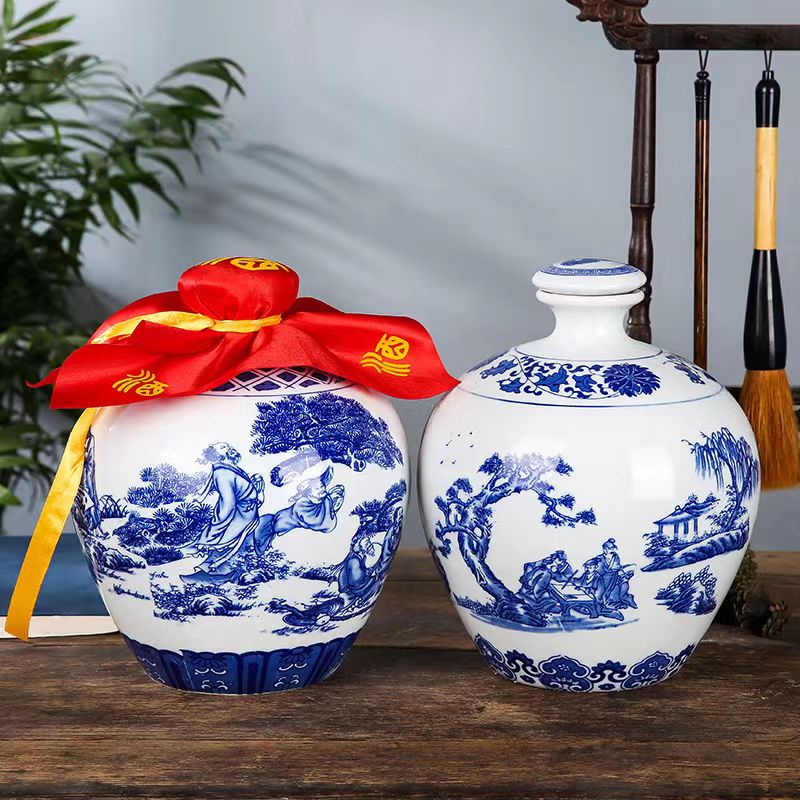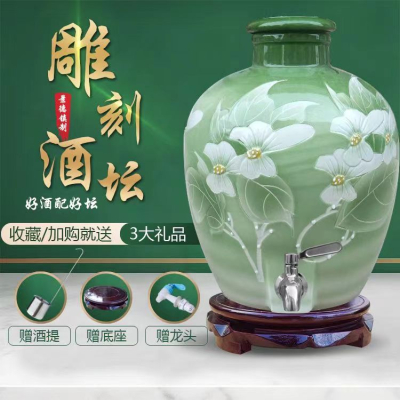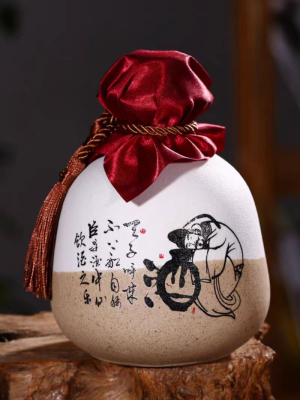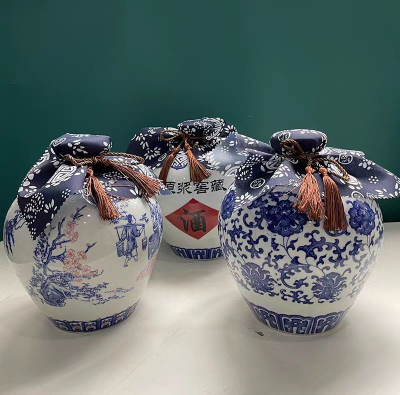Balancing Tradition and Innovation in China's Baijiu Industry
In the dynamic landscape of global spirits, balancing tradition and innovation in China's Baijiu industry has become a pivotal theme. Baijiu, a traditional Chinese liquor with over 5,000 years of history, is more than a beverage—it's a cultural symbol. Today, as China’s economy modernizes and consumer preferences shift, balancing tradition and innovation in China's Baijiu industry is not only a strategic challenge but also an opportunity to reshape its global identity.
What Is Baijiu?
Baijiu (白酒), literally "white liquor," is a distilled spirit made primarily from sorghum, although other grains like rice, wheat, or corn may also be used. It is typically characterized by a high alcohol content (usually 35–60%) and a powerful aroma. Baijiu is traditionally consumed during festivals, business banquets, weddings, and ancestral rituals, deeply woven into the fabric of Chinese social life.
Understanding the significance of balancing tradition and innovation in China's Baijiu industry begins with appreciating the cultural depth and craftsmanship behind each bottle.
The Importance of Tradition in Baijiu
1. Ancient Techniques
The core of balancing tradition and innovation in China's Baijiu industry lies in ancient fermentation and distillation techniques. Traditional Baijiu is often produced using solid-state fermentation in earthen pits, a method that hasn't changed for centuries. The use of qu (a natural fermentation agent made from moldy grains) is unique to Chinese liquor-making and vital to its identity.
2. Cultural Rituals and Symbolism
Baijiu is not just a drink; it is a cultural heritage. From Confucian rites to Lunar New Year celebrations, the importance of Baijiu reflects the continuity of Chinese values like respect, hierarchy, and collectivism. Any discussion about balancing tradition and innovation in China's Baijiu industry must respect this emotional and historical weight.
3. Heritage Brands
Brands like Moutai, Wuliangye, and Luzhou Laojiao represent centuries-old legacies. Their continued success depends on balancing tradition and innovation in China's Baijiu industry without compromising their authenticity.
The Push for Innovation
In recent years, consumer demographics have shifted. Young Chinese consumers, global audiences, and health-conscious drinkers are reshaping the market. This is where balancing tradition and innovation in China's Baijiu industry becomes both necessary and complex.
1. Product Innovation
Producers are developing low-alcohol Baijiu, fruity infusions, and ready-to-drink cocktails to attract younger and international audiences. These new products are crafted while preserving Baijiu’s aromatic profiles, showcasing how balancing tradition and innovation in China's Baijiu industry is driving creative formulations.
2. Packaging and Branding
Modern, minimalist, and sustainable packaging now coexists with traditional calligraphy and cultural symbolism. Storytelling—through digital media and immersive marketing—is a major tool for balancing tradition and innovation in China's Baijiu industry, helping heritage brands speak to a new generation.
3. Smart Manufacturing
Digital transformation is underway. AI-based fermentation monitoring, blockchain for traceability, and automated bottling lines are helping producers optimize quality and consistency. Yet, these advancements are carefully implemented to avoid disrupting the essence of Baijiu craftsmanship—again highlighting the art of balancing tradition and innovation in China's Baijiu industry.
Challenges in Balancing Tradition and Innovation in China's Baijiu Industry
The core challenge of balancing tradition and innovation in China's Baijiu industry is reconciling two potentially conflicting forces: preserving a deeply spiritual and manual heritage, while embracing modern technology, sustainability, and global trends.
1. Maintaining Flavor Authenticity
Modern equipment might improve efficiency but risks altering the flavor profile rooted in ancient fermentation techniques. Many experts argue that balancing tradition and innovation in China's Baijiu industry requires that traditional production zones and aging methods be preserved.
2. Market Education
For international expansion, educating foreign consumers is essential. Most people outside China are unfamiliar with Baijiu’s complex aroma types: sauce-aroma, strong-aroma, light-aroma, and more. Thus, balancing tradition and innovation in China's Baijiu industry involves rebranding without erasing complexity.
3. Regulatory Framework
Government support for geographical indication (GI) labeling and intangible cultural heritage status ensures authenticity. However, policies must also encourage innovation through R&D funding, new licensing for experimental products, and global trade agreements.
Case Study: Moutai and the Global Market
Kweichow Moutai, one of China’s most prestigious Baijiu brands, exemplifies balancing tradition and innovation in China's Baijiu industry. While strictly adhering to its traditional production in Guizhou, Moutai has expanded globally through digital marketing, boutique stores, and cross-industry collaborations—such as coffee-infused Moutai with Luckin Coffee.
This fusion of legacy and lifestyle proves that balancing tradition and innovation in China's Baijiu industry is not just a concept but a path to competitive advantage.
The Role of Sustainability
Sustainability is a new frontier in balancing tradition and innovation in China's Baijiu industry. Many distilleries are now focused on:
Waste-to-energy systems using byproducts like grain husks.
Water conservation in fermentation pits.
Sustainable farming of sorghum and other grains.
These steps ensure that the Baijiu industry meets ESG standards without compromising heritage.
The Future of China's Baijiu Industry
1. Domestic Premiumization
As income levels rise, domestic consumers are trading up to high-end Baijiu. Balancing tradition and innovation in China's Baijiu industry allows brands to offer heritage-backed prestige with modern elegance.
2. Global Expansion
There’s growing interest in Baijiu tastings, cocktail pairings, and educational events abroad. Export-focused brands must continue balancing tradition and innovation in China's Baijiu industry to cater to diverse palates while keeping authenticity intact.
3. Cross-Industry Innovation
From collaborations with fashion and tech brands to NFTs and metaverse tasting rooms, Baijiu is pushing boundaries. These experiments reinforce how balancing tradition and innovation in China's Baijiu industry is transforming perception and reach.
Conclusion
Balancing tradition and innovation in China's Baijiu industry is a strategic imperative—not a trade-off. The success of Baijiu’s next century lies in its ability to honor its roots while embracing change. By leveraging ancient wisdom and modern agility, the industry can secure both cultural continuity and global competitiveness.
For those navigating the complexities of cultural preservation, market adaptation, and technological integration, the journey of balancing tradition and innovation in China's Baijiu industry offers rich insights and a compelling blueprint for the future.
Throughout its development, Shandong Zhengwang Liquor Group has adhered to the business philosophy of "quality first, customer foremost." The group emphasizes product quality and innovation, continuously enhancing its technological and managerial capabilities to establish itself as a Baijiu enterprise with international competitiveness. Moreover, the group actively engages in philanthropic activities, giving back to society, and cultivating a positive corporate image and social responsibility.
In addition to its success in the domestic market, Shandong Zhengwang Liquor Group continually expands into international markets, promoting Chinese Baijiu on the global stage. Through participation in international exhibitions and overseas promotional activities, the group strengthens its connections and collaborations with international markets, actively contributing to the global dissemination of Chinese Baijiu.
In summary, Shandong Zhengwang Liquor Group holds a firm position in China's Baijiu industry, with promising prospects and market potential. In the future, the group will persist in prioritizing quality, upholding traditional craftsmanship, and innovating to drive the development of China's Baijiu industry and uphold the heritage of Chinese culinary culture.









